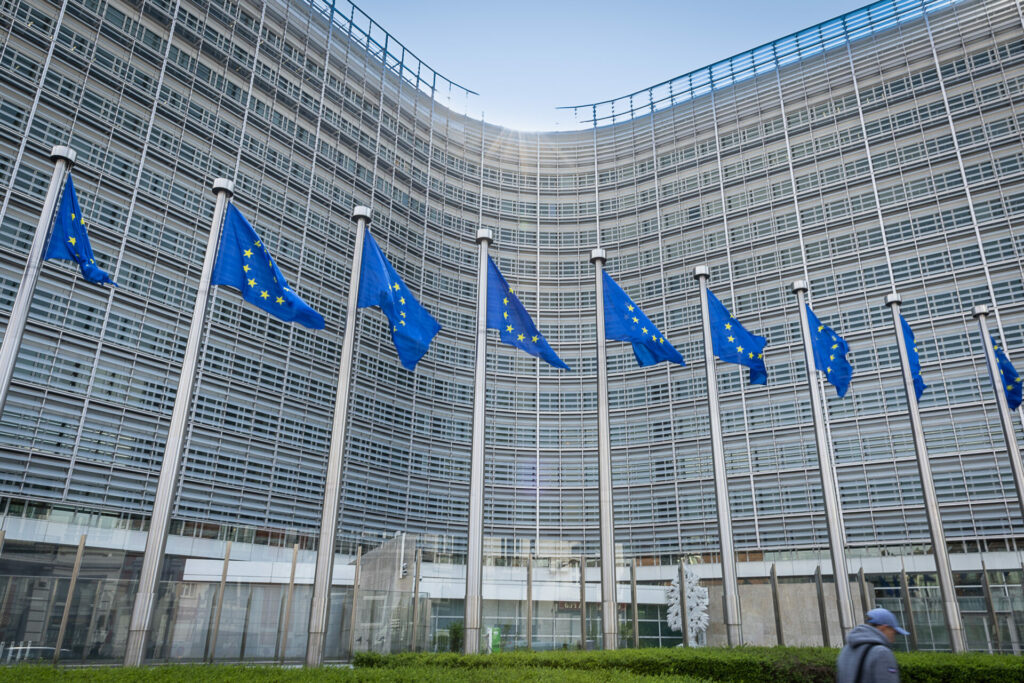The European Commission proposed the further digitalisation of social security systems on Wednesday to simplify bureaucratic procedures for the millions of citizens living in other EU countries.
The proposal aims to use digital tools to facilitate coordination among Member States and make access to social security systems for individuals working, living or even just travelling to other EU countries quicker and simpler. This would reduce administrative burdens for both citizens and businesses, including the over one million expats living in Belgium.
"Today's Communication contributes to simplifying their lives by facilitating their interactions with national authorities and giving them speedier access to their eligible social benefits from abroad such as pensions or healthcare," said Nicolas Schmit, Commissioner for Jobs and Social Rights. "At the same time, it will have a huge cost- and time-saving effect on businesses, national authorities and labour inspectorates, so it's really a win-win."
According to the press release, the exchange of social security information, national institutions, healthcare providers and labour inspectorates remain inefficient and expensive. The further digitalisation of social security systems would improve the exchange of information between EU countries and thus speed up the granting of eligible benefits to the appropriate people.
Related News
- EU Commission wants to 'make life easier' for European NGOs
- European research grants go to 17 Belgian researchers
The measures proposed include implementing the Electronic Exchange of Social Security Information IT system that began in June of this year more rapidly, moving all social security coordination procedures online, fully incorporating the use of the European Social Security Pass and the introduction of an EU Digital Identity wallet.
The Commission promised to support EU Member States in digitalising their security system coordination through technical assistance and funding from appropriate programmes.
"We have put the tools in place; we now count on Member States to make good use of them, reducing the administrative burden," Schmit added.

